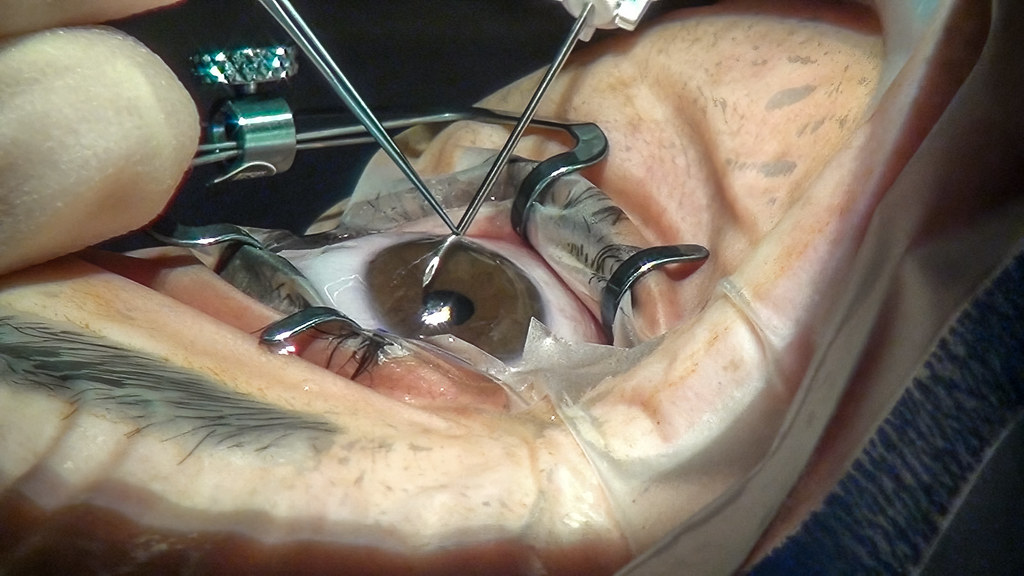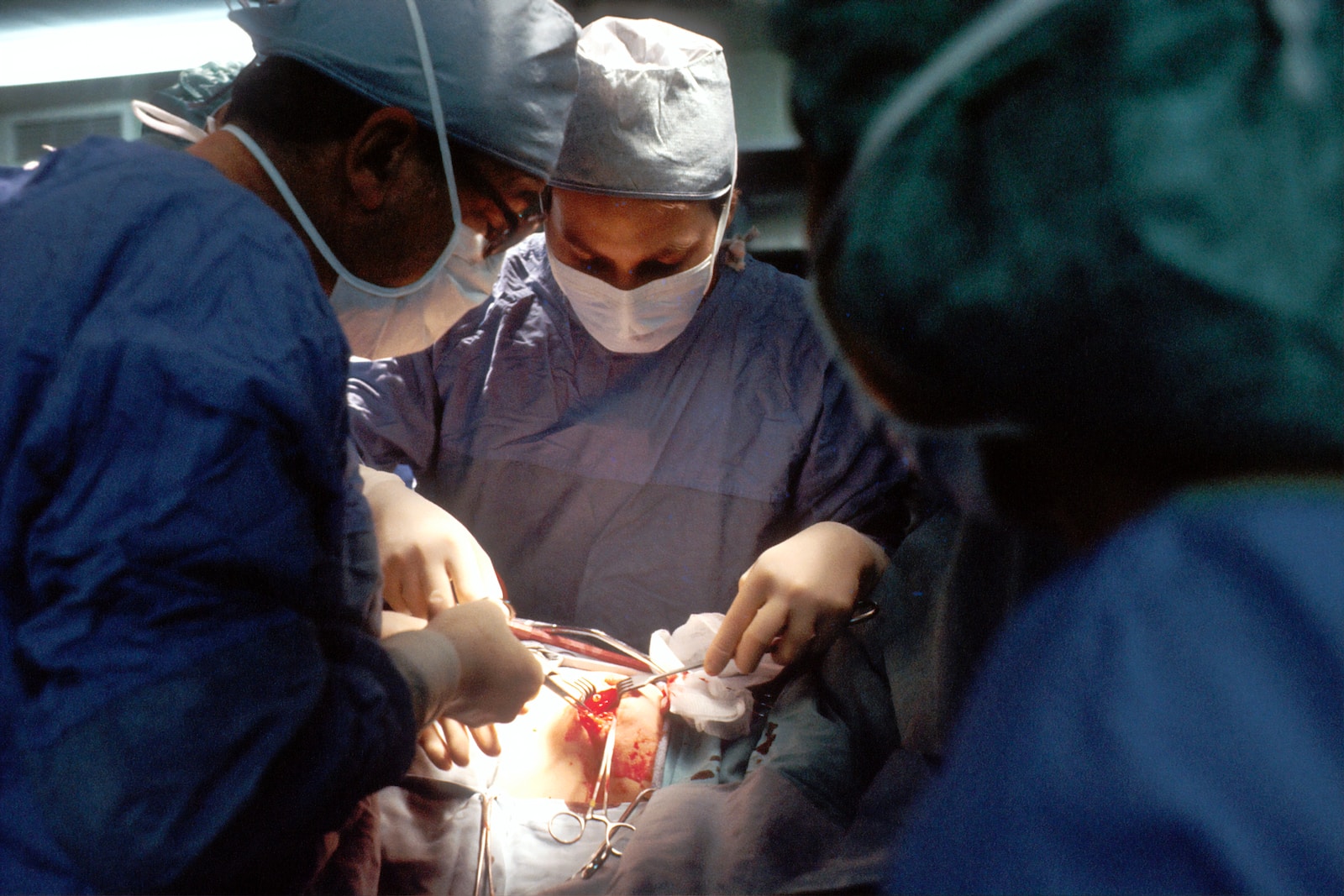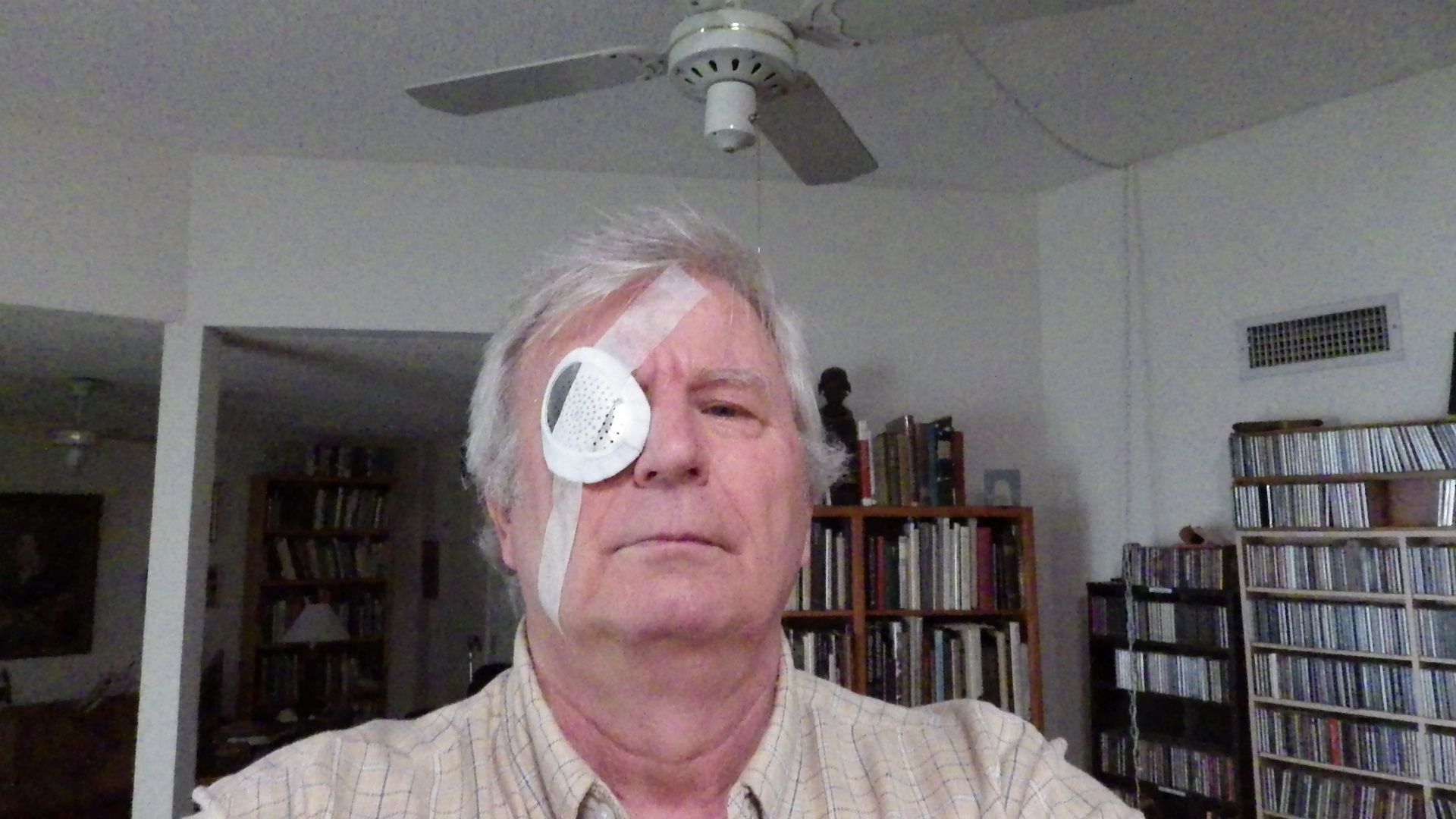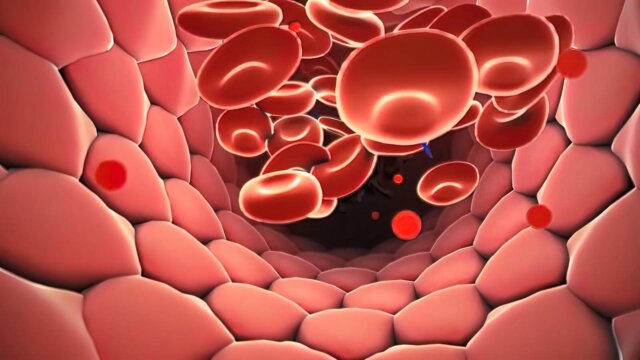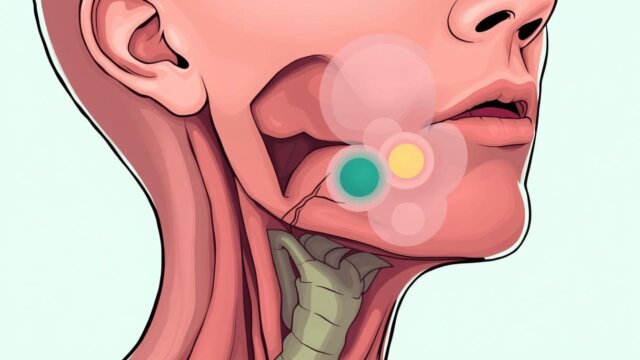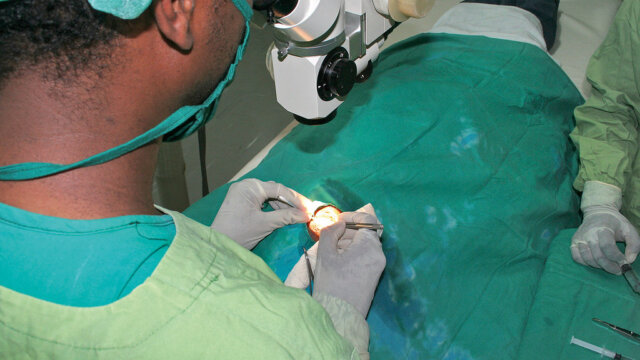FTC disclaimer: This post may contains affiliate links and we will be compensated if you click on a link and make a purchase.
When it comes to glaucoma surgery, the journey to recovery doesn’t end in the operating room. Proper postoperative care plays a pivotal role in the success of the procedure and, ultimately, the preservation of vision. This care ranges from the immediate aftermath of the surgery to long-term measures taken months after the operation.
But here’s the good news: this article aims to provide a comprehensive guide to optimize your recovery and achieve the best outcome post-surgery.
Whether you’re a patient, a caregiver, or a healthcare professional, this guide will equip you with the necessary knowledge to navigate through the postoperative landscape of glaucoma surgery.
From understanding the basics of glaucoma treatment the importance of lowering intraocular pressure post-surgery, to recognizing signs of complications – we will cover it all. So, let’s embark on this journey towards improved eye health, one step at a time.
Understanding Glaucoma Surgery and Its Impact on Vision
Glaucoma is a group of eye disorders that can cause significant damage to the optic nerve, leading to vision loss. This damage usually results from a buildup of fluid in the eye, which increases pressure and, over time, harms the optic nerve. Surprisingly, it can also occur even with normal eye pressure (Mayo Clinic).
Glaucoma Surgery
Various types of glaucoma surgeries aim to reduce eye pressure and slow vision loss. These include traditional surgeries and minimally invasive glaucoma surgery (MIGS).
The latter involves different types of stents or devices that increase the outflow of fluid from the eye, typically resulting in faster recovery times and fewer risks (Cleveland Clinic).
Postoperative Care
Following surgery, it’s crucial to adhere to your doctor’s postoperative care instructions. This includes regular use of prescribed eye drops, which can significantly reduce the risk of high eye pressure progressing to glaucoma.
It’s also important to protect your eyes during activities like sports or using power tools (American Academy of Ophthalmology).
Remember, early detection through regular eye exams can slow or prevent vision loss. If you have glaucoma, you’ll need treatment or monitoring for the rest of your life (Mayo Clinic).
Preparing for Postoperative Care
The journey towards successful glaucoma surgery recovery begins even before the actual procedure. It is essential to have a plan for the forthcoming postoperative care.
- Role of Eye Care Professionals: Eye care professionals have a crucial role in dispensing crucial information and preparing patients for what lies ahead. They will guide you through the medication schedule, and the do’s and don’ts after the surgery.
- Preoperative Preparations: Preparing mentally is equally important as physical preparations. Understand the process, learn about the potential complications, and set realistic expectations about the recovery time.
- Understanding Anxiety: It’s natural to be anxious before a surgical procedure. However, knowing what to expect post-surgery can ease some of the anxiety and prepare you for a smoother recovery journey.
Always remember, that a successful glaucoma surgery is just the first step; diligent postoperative care is crucial for maintaining the benefits of the surgery and optimal vision.
Immediate Postoperative Care
After undergoing glaucoma surgery, there are several immediate effects you might experience. Common temporary effects include blurry vision, redness, irritation, eyelid swelling, tearing, and a sensation like sand or grit on the eye (source).
Understanding that these effects are temporary and your vision will gradually improve over the following weeks is crucial.
Medication and Eye Drops
Postoperative care includes a regimen of eye drops to ensure cleanliness and prevent infection. It’s vital to wash your hands before applying these drops and avoid touching the tip of the dropper or your eye with your fingers (source). Follow the schedule provided by your doctor diligently.
Managing Pain and Discomfort
Some degree of discomfort is expected after surgery. Mild pain can be managed with over-the-counter analgesics such as non-steroidal anti-inflammatory drugs and acetaminophen (source).
Remember, it’s important to protect your eye from external injury and avoid activities that strain your eyes.
Addressing Potential Side Effects
Any sudden loss of vision or rapid deterioration should be reported promptly to your doctor. The eye will need special care and protection from injury. Activities requiring bending forward or causing strain should be avoided in the initial recovery period (source).
Home Care for Optimal Recovery
Recovering from glaucoma surgery at home involves a careful balance of rest and restricted activities. It’s like walking on a tightrope, where a misstep could compromise your recovery.
However, with the right guidance, you can confidently walk this tightrope and ensure a successful recovery.
Do’s and Don’ts of Home Care
Post-surgery, your eyes are like a newly painted canvas – vulnerable and in need of protection. Here are some tips:
- Avoid strenuous activities like biking, jogging, and weight lifting until your doctor gives the green light.
- Be careful with eye drops. Ensure the bottle’s tip doesn’t touch your eye or fingers, like avoiding the ‘lava’ in a childhood game of ‘the floor is lava’.
Rest and Activity Restrictions
Think of your recovery period as a mini-vacation for your eyes. They need to rest, and certain activities should be avoided:
- Swimming and using hot tubs are activities you should steer clear of, like avoiding a spoiler for your favorite TV show.
- Wearing reusable contact lenses and eye makeup should be avoided. It’s a small sacrifice, like giving up chocolate for lent.
Managing Daily Activities
During recovery, you’ll need to make some adjustments to your daily routines:
- Wear glasses during the day and an eye shield or patch at night for a week or as directed by your doctor.
- Avoid getting water, soap, shampoo, hair spray, and shaving lotion in your eye, especially for the first week. It’s like trying to keep your new sneakers clean in a muddy park.
Remember, the key to a successful recovery is following your doctor’s instructions like a treasure map to recovery. The ‘X’ marks the spot of a successful recovery!
Longer-Term Care and Potential Complications
The journey to recovery from glaucoma surgery is not a sprint, but a marathon. It involves ongoing treatment and frequent follow-up appointments.
The role of the eye doctor in this process is like that of a vigilant owl, constantly monitoring and managing any postoperative issues. The importance of community-based follow-up by health professionals is as crucial as a lighthouse to a ship sailing in the night.
Potential Complications and Their Warning Signs
Be on the lookout for any changes in vision, pain, or other symptoms. Red flags could signal postoperative complications such as infection, a failed bleb, or over-filtration. It’s like being a detective in your own case, where the clues could lead to preserving your vision.
In some instances, the Intraocular Pressure (IOP) control may not be at the desired level. When this happens, it’s like a call to arms and the doctor may advise additional procedures.
These could range from the release of releasable sutures to laser procedures, akin to fine-tuning a musical instrument to achieve the perfect pitch, in this case, the optimum IOP control.
The postoperative journey may also involve medication such as antibiotics and steroid eye drops, continued for up to 3 months after surgery.
Remember, it’s not just about taking the medication, but also about keeping your protective eyewear clean, like a soldier keeping his armor ready for battle.
Lifestyle Changes for Better Recovery
Adopting a healthy lifestyle is a crucial component of recovery after glaucoma surgery. A balanced diet, moderate exercise, and taking care of your overall health can significantly contribute to a smoother recovery process.
Exercise:
While strenuous activities that cause a significant increase in heart rate, breathlessness, or sweating should be avoided, gentle walking is usually acceptable. Always consult with your doctor before starting any exercise regimen.
Diet:
Maintaining a balanced diet is essential for your overall health and recovery. Include plenty of fresh fruits, vegetables, whole grains, lean proteins, and healthy fats in your diet.
There might be some restrictions on daily activities like driving post-surgery. You might not be able to drive for a day following your procedure due to the sedation used during the surgery.
However, after the patch is removed the day following surgery, some patients may be able to resume driving, depending on their vision and comfort level.
Remember, your recovery timeline and restrictions will be unique to you and your procedure. Always follow your healthcare team’s specific instructions for the best outcome.
Financing Options and Vision Solutions
Understanding the financial aspect of glaucoma surgery and postoperative care plays a crucial role in your decision-making process and overall recovery. Typically, insurance providers offer coverage for these medical procedures, but out-of-pocket expenses may still apply.
Financing options
You can explore various financing options to manage these costs. Many eye centers provide flexible payment plans and financing options.
You can also consider healthcare credit cards or personal loans. However, it’s important to compare terms and conditions before making a decision.
Vision Solutions
Alongside managing the financial aspects, implementing vision solutions is paramount. This includes regular comprehensive eye exams, proper use of prescription glasses or contact lenses, and adhering to glaucoma medications. These measures not only help in managing glaucoma but also contribute to better overall vision health.
Ultimately, discussing your financing options and vision solutions with your eye doctor can provide personalized guidance tailored to your unique circumstances.
Conclusion
In summary, postoperative care is a linchpin in the successful recovery after glaucoma surgery. It’s not just about the procedure; it’s the meticulous follow-up care that can make all the difference in your vision recovery.
Remember, it’s essential to monitor for signs of complications such as severe pain, excessive discharge, deteriorating vision, sudden flashes, or floaters.
If you experience any of these, reach out to your eye care professionals immediately. Also, remember to apply your eye drops as instructed, avoid rubbing your eye, and keep up with your post-operation review appointments.
Recovery can take a few days to weeks, and in some cases, even months. During this period, your eye doctor will play a pivotal role in ensuring your eye is healing correctly.
